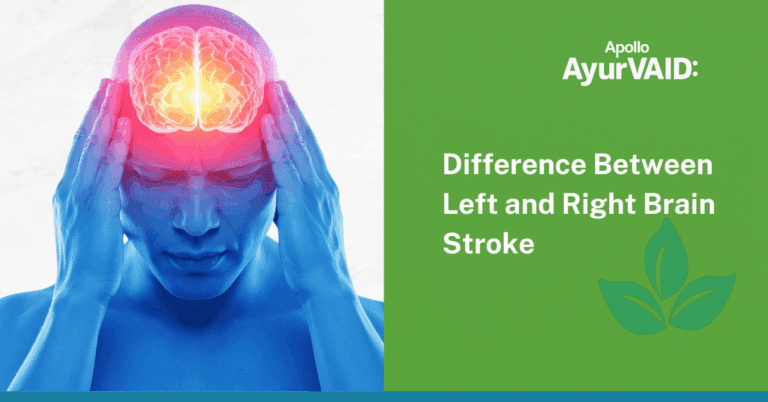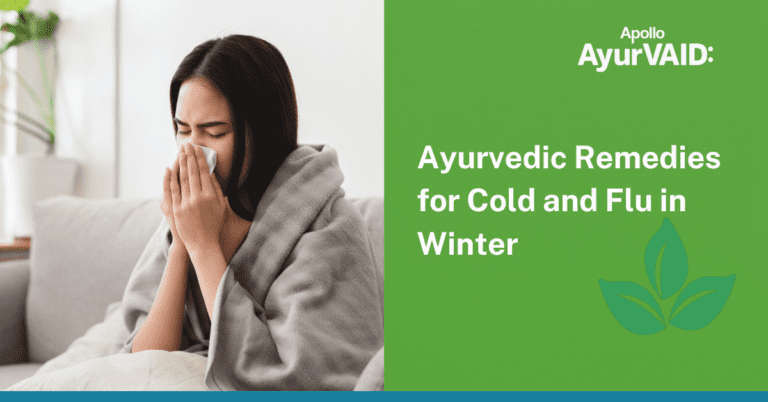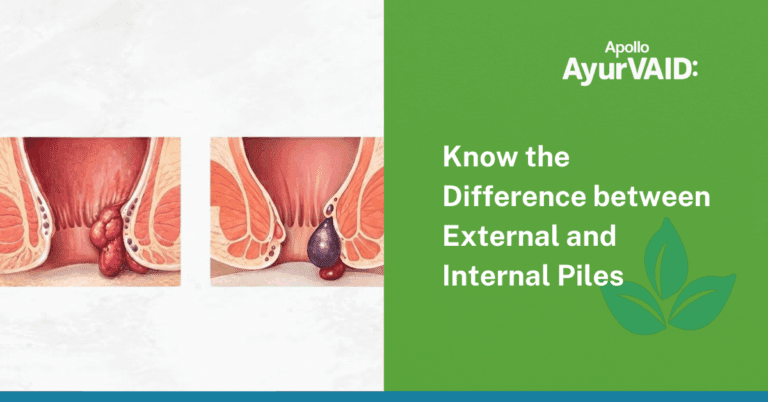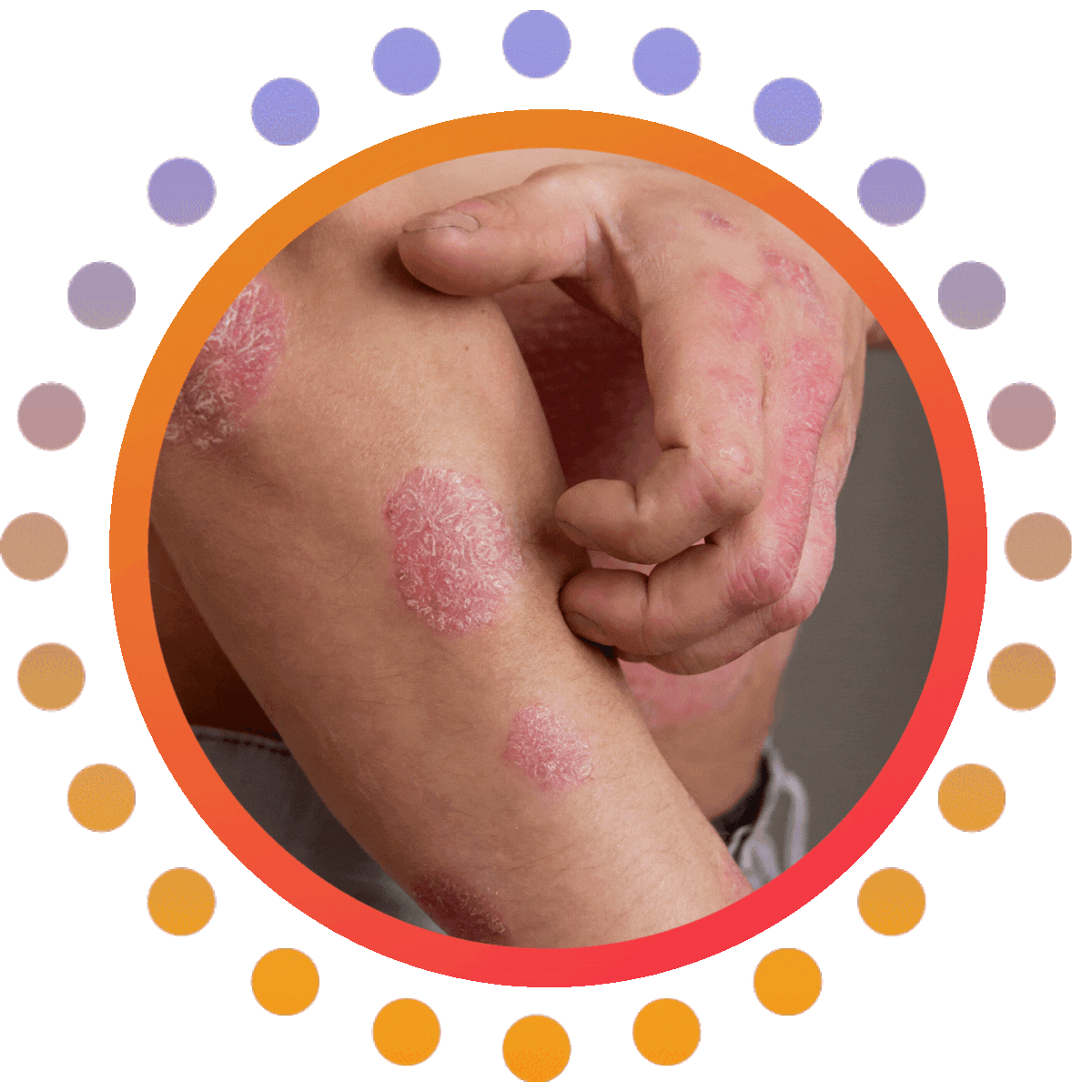
Web Stories
Step Into the Story: Explore Now
Introduction
Having psoriasis can make it difficult during the winter months. They interfere with your everyday life because you have to deal with those red and itchy patches. Cold winds combined with an arid atmosphere and less sunlight can indeed make your skin irritated. However, it is worth remembering that you are not the only one shattered during this winter season; a great number of people face this problem too, especially when dealing with psoriasis in cold weather.
The reason behind this is cold temperature and low humidity in winter. Almost all types of psoriasis (Kitibha Kushtha) are majorly Vata-Kapha dominant disorders with Pitta involvement. During the winter season, Vata dosha and Kapha dosha imbalance occurs due to cold and dry nature, which may flare up psoriasis.
This blog explores the Ayurveda perspective on winter’s impact on psoriasis and offers natural management methods including dietary changes for healthy skin, gentle skin practices and lifestyle modifications.
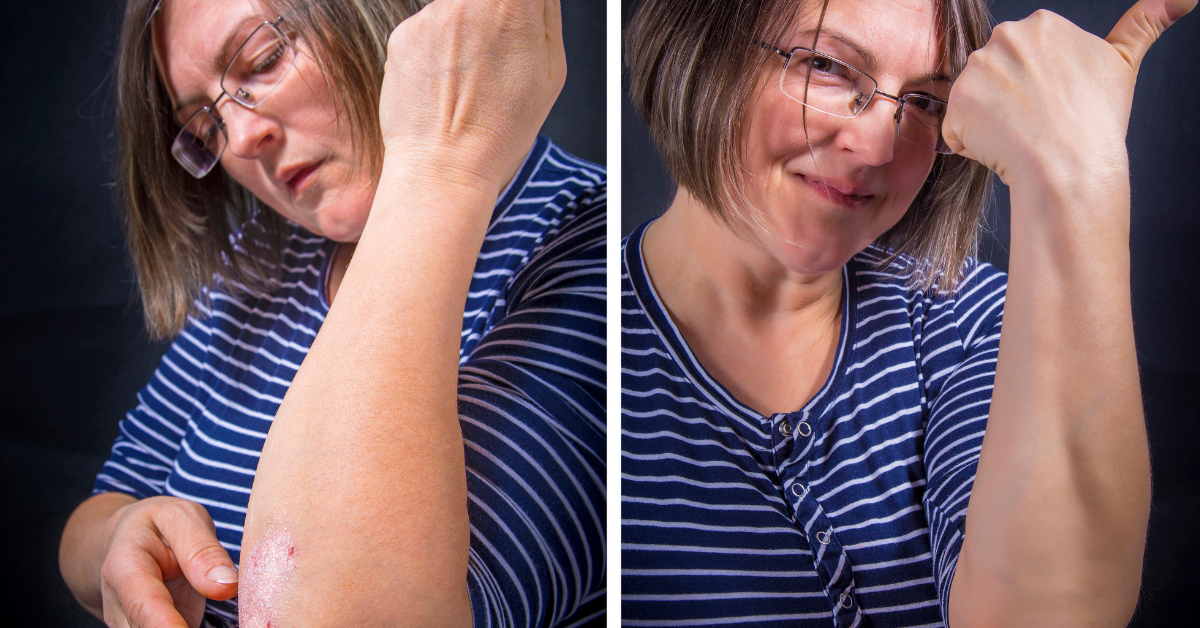
Ayurveda Management Strategies
1. Dietary Changes: In Ayurveda, dietary modification is key in treating psoriasis, especially during winter when dry and cold climate can exacerbate symptoms. Following are a few dietary changes which are recommended to avoid flaring up of symptoms.
- Warm and naturally nourishing foods – Warm prepared foods that can hydrate the body and soothe the Vata dosha, such as soups, stews, or curries, are beneficial.
- Foods Rich in Healthy Fats – Foods rich in healthy fats like ghee can be beneficial for making the skin softer by alleviating dryness.
- Use anti-inflammatory foods – Eat omega-3 fatty acids like fish and flaxseed to lower inflammation.
- Steer clear from cold and dry foods – Reduce consumption of raw vegetables, cold drinks and dry foods which can also aggravate Vata leading to higher aridity.
- Hydration – Drink plenty of fluids, seasonal juices to keep yourself hydrated
- Spices – Include warming spices such as ginger, turmeric and black pepper in your diet which aids in digestion and reduces inflammation.
2. Detoxification Techniques: Ayurveda treatments focus on detoxification through Panchakarma procedures, addressing the root cause of psoriasis through internal purification, dietary modifications, and herbal preparations. These treatments reduce inflammation, and prevent flare-ups. Regular Panchakarma therapies like Virechana and Vamana have shown promising results in managing psoriasis severity and extending remission periods naturally.
3. Skincare Practices
- Daily abhyanga (oil massage) with medicated oils
- Apply herbal moisturizers such as aloe vera and coconut oil
- Avoid extreme hot showers that suck all the moisture out of your skin. Instead ,bathing in lukewarm water medicated with herbs like neem can be beneficial
- Keep the skin covered to avoid dryness and flaking
5. Lifestyle changes: Here are a few lifestyle changes to prevent psoriasis from getting worse during the winter.
- Moisturize: Cold weather is not only rough on the joints, but can dry out the skin and exacerbate psoriasis. Frequent application of moisturizers, especially after bathing, can keep skin moist.
- Humidifiers: They can also help add some moisture indoors, which may protect your skin from dryness and irritation.
- Hydration: Keep the skin hydrated from within by drinking ample water, especially during dry winter months.
- Sunlight availability in winter: Exposure to sunlight is considered to avoid flare-ups. Safe sun exposure, and light therapy (if approved by the physician) are advised.
- Reduce Stress: Practice relaxing activities like yoga or meditation, since stress may lead to flare-ups.
- Warm Showers: Hot water will wipe away natural oils out of skin. Choose lukewarm showers instead.
According to Ayurveda, the winter season naturally increases Vata and Kapha doshas in the body, leading to dryness and reduced sweating (asweda). This seasonal aggravation of Vata causes roughness and scaling of skin, while increased Kapha creates blockages in channels (srotas), collectively triggering or worsening psoriasis symptoms like plaques, inflammation, and itching.These exacerbated doshas can be alleviated using Ayurveda treatments like Virechana and Vamana therapy, which mitigate the symptoms of psoriasis.

Conclusion
Psoriasis in winter needs to be managed with a holistic approach; that accounts for both internal and external factors. Those who experience psoriatic flares during the cold season and wish to alleviate the severity can follow essential dietary modifications, maintain proper skin care practices and make important lifestyle changes in order to minimize the effect of the flare. While traditional Ayurveda detoxification methods like Panchakarma may be part of your arsenal, with simple practices such as humidifiers, proper hydration, and limiting hot showers — skin health can be maintained. While winter brings with it special challenges regarding psoriasis management, the Ayurveda principles mentioned here provide natural, sustainable measures which not only relieve your psoriasis but work towards preventing future relapses by addressing the condition’s root cause through dosha balance.



